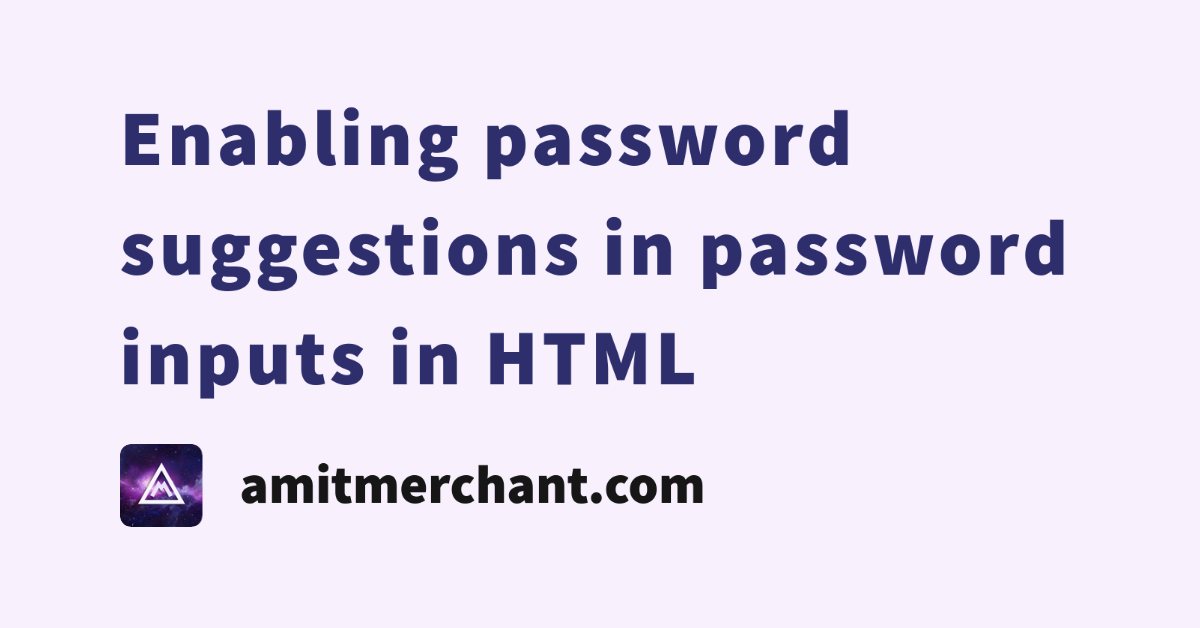

- #PASSWORD SUGGESTER GENERATOR#
- #PASSWORD SUGGESTER UPDATE#
- #PASSWORD SUGGESTER SOFTWARE#
- #PASSWORD SUGGESTER CODE#
- #PASSWORD SUGGESTER PASSWORD#
⚠ We do not allow people to host their own clone of Suggester publicly or provide support for it. If you have any questions, feel free to ask in the Support Server. Make sure to use appropriate formatting when you make contributions. We expect a clear description of what your PR is about and what problem it solves or what feature it adds. You can contribute by submitting a pull request.
#PASSWORD SUGGESTER CODE#
Suggester's code is open sourced to allow the community to contribute to its development. Suggester gives staff teams the freedom to manage suggestion flows however they want, through wizard-like setup options, statuses, comments and much more! Selfhosting & Contributions It makes handling suggestions quick and simple thanks to its extra granular configuration system. Suggester is a suggestion-focused Discord bot whose main purpose is to allow server managers to receive feedback from their members and improve their communities. If in doubt, go directly to the official website of the bank or other service you’re trying to access using your own bookmark or by typing the legitimate address of the service yourself.A suggestion-focused Discord bot in more than 30,000 servers Scammers can copy the look of a company’s communications to fool you into clicking a phony link or attachment, so use caution with links that appear in unsolicited emails, social media, or SMS messages.
#PASSWORD SUGGESTER PASSWORD#
Never share your password in response to an email or phone call - for example, to verify your identity - even if it appears to be from a trusted company or person.Īlways access websites using trusted links. Treat all unexpected requests for sensitive info with caution. For example, a crook may have hijacked a friend’s account and sent email to everyone in the friend’s address book. Microsoft added a new feature called 'Suggest strong passwords' to Microsoft Edge 87 (enabled by. Here are some guidelines to follow to protect your passwords and other sensitive information:īe wary of anyone who is requesting sensitive info from you, even if it appears to be someone you know or a company you trust. The latest version of Microsoft Edge (Chromium) not only alerts you when it finds your credentials leaked somewhere in the Dark Web, but now also suggests you a random, strong, and unique password when you visit a site to create a new account. (You may have heard these con games referred to as " social engineering".) If you receive an email message that appears to be from an online store (like eBay or Amazon) or a phone call from your “bank” that tries to convince you of the “legitimate” need for your password or other sensitive information, it could be a phishing scam. (Just be sure they make sense to you, so you'll remember them.) Don’t be tricked into revealing your passwordsĬriminals can try to break your password, but sometimes it’s easier to exploit human nature and trick you into revealing it. For example, if the question is "Where were you born?" you might answer "Green." Answers like these can’t be found by trolling Twitter or Facebook. Tip: If you’re asked to create answers to security questions, provide an unrelated answer. Don't write them on sticky notes or cards that you keep near the thing the password protects, even if you think they're well-hidden. It's ok to write your passwords down, as long as you keep them secure. See Save or forget passwords in Microsoft Edge. Microsoft Edge can remember your passwords for you and automatically fill them in for you when needed.
#PASSWORD SUGGESTER SOFTWARE#
It's recommended that you remember a few master passwords, store other passwords in a plain text file and encrypt this file with 7-Zip, GPG or a disk encryption software such as BitLocker, or manage your passwords with a password management software.

#PASSWORD SUGGESTER UPDATE#
The best password managers will automatically update stored passwords, keep them encrypted, and require multi-factor authentication for access. It's recommended to change your passwords every 10 weeks. If you don’t want to memorize multiple passwords, consider using a password manager. That's called a " Credential stuffing attack" and it's extremely common. If crooks steal your account information from one site, they'll try to use those credentials on hundreds of other well-known websites, such as banking, social media, or online shopping, hoping you've reused the password elsewhere. Never send a password by email, instant message, or any other means of communication that is not reliably secure. Once you’ve created a strong password, follow these guidelines to keep it secure:ĭon’t share a password with anyone.
#PASSWORD SUGGESTER GENERATOR#
See Use Password Generator to create secure passwords. Tip: Don't want to think up your own strong passwords? Microsoft Edge can create and remember strong, unique, passwords for you.


 0 kommentar(er)
0 kommentar(er)
